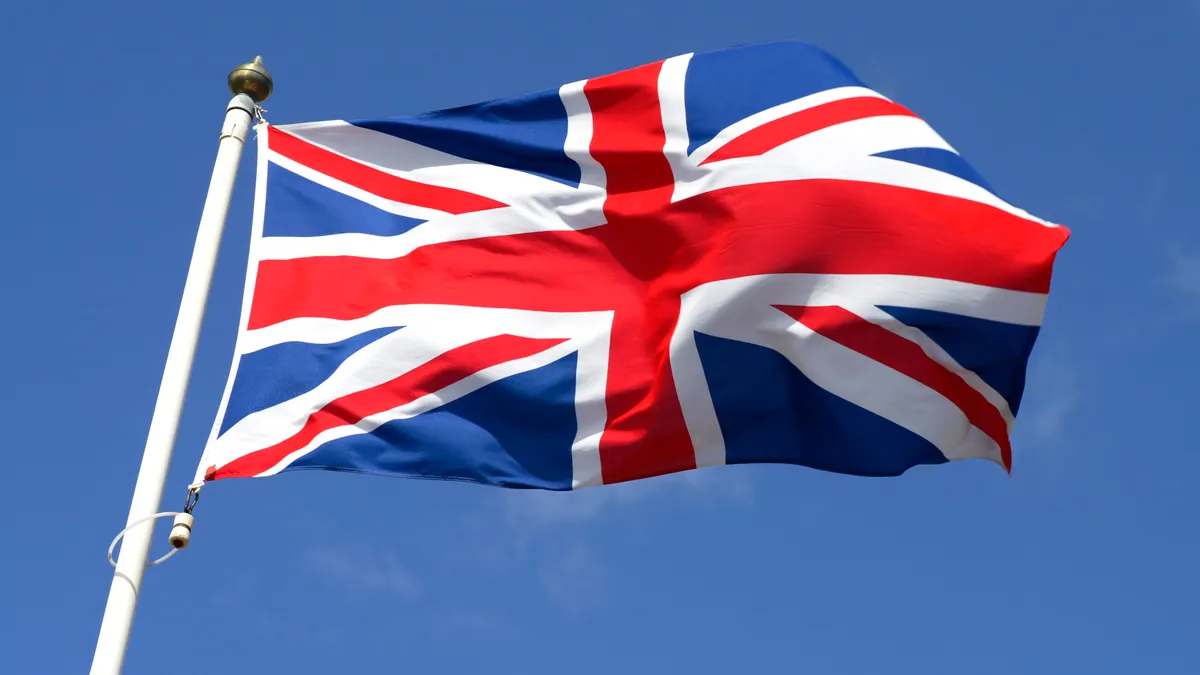Dive Brief:
- The U.K. Medicines and Healthcare products Regulatory Agency (MHRA) said Tuesday it plans to recognize medical device approvals from comparable regulators.
- Under the proposed policy, companies that have received authorization in regions including the European Union and U.S. will be able to use their approvals to access the Great Britain market.
- MHRA is proposing the framework and plans to finalize it alongside broader changes to medical device regulations in Great Britain, which are due to take effect next year.
Dive Insight:
Brexit required MHRA to rethink medical device pathways. Before Brexit, companies used CE marks that cover the EU to bring medical devices to market in England, Northern Ireland, Scotland and Wales, countries known collectively as the U.K.
MHRA continues to recognize CE marks under a policy that could stay in place until 2030. In the longer term, the agency wants to expand its medtech regulatory reliance program to include authorities beyond the EU. MHRA set out its thinking in a statement of policy intent this week.
In the document, MHRA proposes recognizing regulators in Australia, Canada, the EU and the U.S. as comparable agencies. The list could grow, with MHRA in “active discussions” with the Pharmaceuticals and Medical Devices Agency about the recognition of medical device approvals from Japan.
With some exceptions, such as custom-made devices, companies with authorizations from comparable agencies will be able to use their approvals to reduce the evidence needed to sell their devices in Great Britain. Exactly what evidence companies need will depend on the type of device.
MHRA is planning to allow some Class I devices and Class A diagnostics to come to market after receiving “a declaration by the manufacturer to an appropriate quality management system.” Manufacturers of higher risk medical devices will need to provide more information, but the barrier to entry will still be lower than if they sought a UKCA mark, the U.K. equivalent of the EU’s CE mark.
Companies will need English language labeling and packaging, a U.K. responsible person and more to use an international recognition pathway. MHRA said it “will retain the authority to reject applications if the evidence provided is considered insufficiently robust.”
The agency is now developing operational aspects of the framework with industry and other groups to finalize details such as who performs post-market surveillance and change assessment. MHRA is testing the framework across a range of devices of all classifications and types to establish the process. The aim is to open the international recognition pathways after the new medtech regulations come into force.










